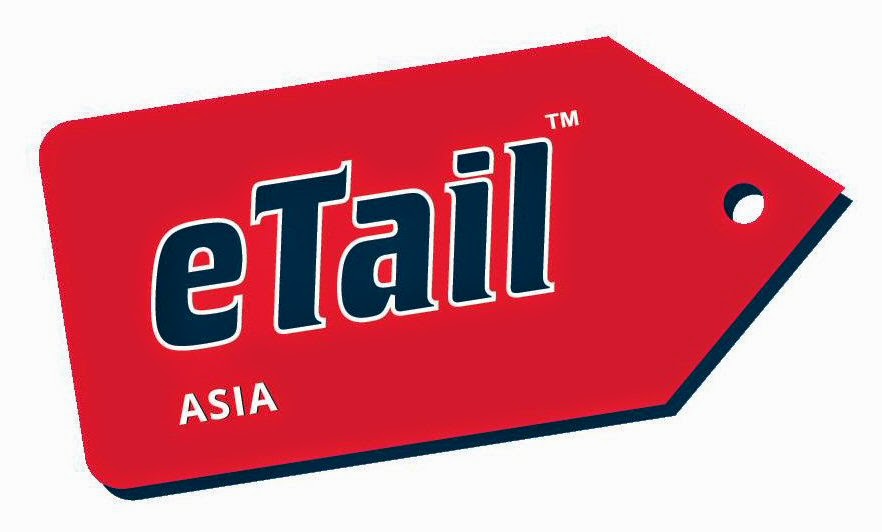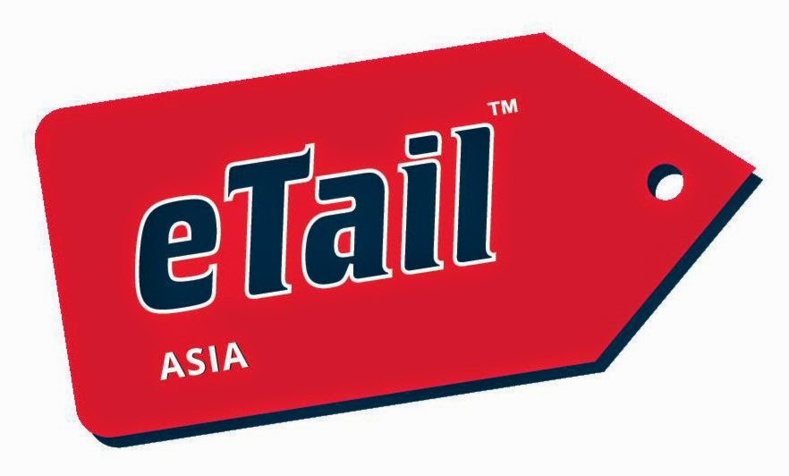Alibaba has signaled Southeast Asia as a regional e-commerce battleground - with 600 million people, and no shortage of logistical headaches with its $1 billion buy of online retailer Lazada.
The Southeast Asian region comes with complex regulatory, logistical and language barriers even as the region has the potential to help global retailers offset slowing growth momentum in their core markets. The vast archipelago landscape can prove daunting to even hardened logistics experts and internet connections can be slow.
Some of the hurdles in delivering packages in the Philippines, for example, were highlighted by Lazada's chief operating officer Pierre Poignant in an interview in October.
"In some places, there's just no address. It's like 'take the house on the left'. And in many places you have to take a boat to get there... It can be several days or even weeks to reach some very remote island," he told Reuters.
Multiple delivery delays were reported and almost a quarter of the online orders it placed in the Philippines failed to arrive, a study by CLSA last year revealed.
With no dominant force, the market is highly fragmented, the obstacles indicate. International companies wanting to get in are likely to follow Alibaba's route by buying existing operators rather than trying to go it alone, say start-up funds.
"The strategy of coming in, looking for a local player who has shown traction and buying them in order to get a foothold is a very good one, and we will see more of that. Lazada has done a very good job of operating in multiple countries. That's not something Alibaba is familiar with," said Vinnie Lauria, a founding partner at Golden Gate Ventures which is invested in marketplace Carousell and online grocer Redmart.
Lazada operates in Malaysia, Indonesia, the Philippines, Thailand and Vietnam apart from Singapore where it is headquartered.
Experts warn that investors should be prepared for a long wait before the industry turns a profit, though Lazada more than tripled the number of active customers to 7.3 million, its losses more than doubled last year.
According to Bain & Co, there is no one platform controls more than a fifth of the market in the region even though it has dozens of other e-commerce players, including Amazon.com, Tokopedia, OLX, Qoo10, Zalora, Cung Mua, Blibli and Etsy.
With payment start-ups such as Fastacash, Xoom and GoSwift aiming for a foothold in the region, the list keeps growing.
Lauria said it would be easier for an international player to acquire rather than "copy and paste", especially for online marketplaces.
Consolidation may be the route to survival for those companies already scrapping it out for a small slice of the market.
"The (market) shares of smaller players are definitely going to get smaller with Alibaba jumping into the region. One way to survive is to partner with some of the other players to get bigger," said Cris Duy Tran, a consultant at Frost & Sullivan.
(Source:www.reuters.com)
The Southeast Asian region comes with complex regulatory, logistical and language barriers even as the region has the potential to help global retailers offset slowing growth momentum in their core markets. The vast archipelago landscape can prove daunting to even hardened logistics experts and internet connections can be slow.
Some of the hurdles in delivering packages in the Philippines, for example, were highlighted by Lazada's chief operating officer Pierre Poignant in an interview in October.
"In some places, there's just no address. It's like 'take the house on the left'. And in many places you have to take a boat to get there... It can be several days or even weeks to reach some very remote island," he told Reuters.
Multiple delivery delays were reported and almost a quarter of the online orders it placed in the Philippines failed to arrive, a study by CLSA last year revealed.
With no dominant force, the market is highly fragmented, the obstacles indicate. International companies wanting to get in are likely to follow Alibaba's route by buying existing operators rather than trying to go it alone, say start-up funds.
"The strategy of coming in, looking for a local player who has shown traction and buying them in order to get a foothold is a very good one, and we will see more of that. Lazada has done a very good job of operating in multiple countries. That's not something Alibaba is familiar with," said Vinnie Lauria, a founding partner at Golden Gate Ventures which is invested in marketplace Carousell and online grocer Redmart.
Lazada operates in Malaysia, Indonesia, the Philippines, Thailand and Vietnam apart from Singapore where it is headquartered.
Experts warn that investors should be prepared for a long wait before the industry turns a profit, though Lazada more than tripled the number of active customers to 7.3 million, its losses more than doubled last year.
According to Bain & Co, there is no one platform controls more than a fifth of the market in the region even though it has dozens of other e-commerce players, including Amazon.com, Tokopedia, OLX, Qoo10, Zalora, Cung Mua, Blibli and Etsy.
With payment start-ups such as Fastacash, Xoom and GoSwift aiming for a foothold in the region, the list keeps growing.
Lauria said it would be easier for an international player to acquire rather than "copy and paste", especially for online marketplaces.
Consolidation may be the route to survival for those companies already scrapping it out for a small slice of the market.
"The (market) shares of smaller players are definitely going to get smaller with Alibaba jumping into the region. One way to survive is to partner with some of the other players to get bigger," said Cris Duy Tran, a consultant at Frost & Sullivan.
(Source:www.reuters.com)















